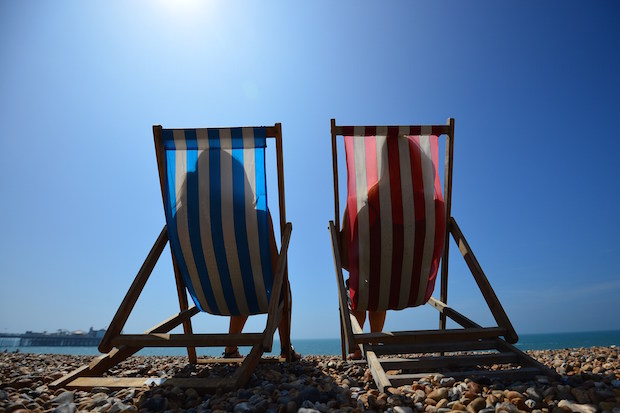The popularity of these websites is expected to increase further when a new tax break for ‘micro-entrepreneurs’ applies from April next year. Homeowners will be permitted to earn up to £1,000 a year tax free from renting out a whole property on homesharing websites.
Fuel rises
The average prices of petrol and diesel have increased for the third month in a row making filling up an average family car around £5 more expensive than it was at the end of February. RAC Fuel Watch data for May reveals that the average unleaded pump price rose 2p a litre from 108.67p a litre to 110.59p, adding £1 to the cost of filling up a 55-litre family car in the course of the month (£59.77 to £60.82). This means that since the end of February the cost of a tank of petrol has risen by £4.77. Graduates who keep on paying after clearing debts The Observer reports that official figures show graduates overpay on their student loan debt by millions of pounds each year, prompting calls for an overhaul of the system. More than 78,800 graduates who took out student loans between 1998 and 2011 overpaid by an average of £580 each during the 2013-14 tax year, according to a freedom of information request submitted to the Student Loans Company by accountancy firm Baker Tilly. The SLC, a non-profit, government-owned organisation that administers loans to students, has been at the centre of controversy, most recently after a graduate – who detailed how his student loan had grown by more than £1,800 in the year since he left university – said he and his contemporaries did not understand what they were signing up to when they took out the financing. Employment growth The Guardian reports that a big pick-up in high skilled jobs helped Yorkshire and the Humber record the fastest employment growth in the UK last year, according to a study that will be a welcome boost to George Osborne’s ‘northern powerhouse‘ agenda. Analysis of official figures by economists at NatWest found Yorkshire and the Humber enjoyed employment growth of 3.7 per cent last year, almost twice the UK rate of 2 per cent. That helped make up for some of the post-crisis slump in the region and meant there were now 5 per cent more jobs there compared with the start of the global financial crash in 2008. Euro 2016England might not have had much success at the European Championships in the past, but hopeful football fans buying booze and upgrading their TVs should give the economy a boost, according to a new report.
Thisismoney has published research by Lloyds Bank showing that England’s involvement in previous tournaments, despite never winning, has led to a sharp rise in spending, which in turn helped the economy to grow. In 1996, when England was the host nation of the championships, average consumer spending rose the most – by 0.32 per cent before the tournament to 1.28 per cent afterwards, Lloyds said.






Comments